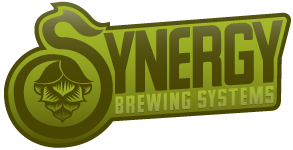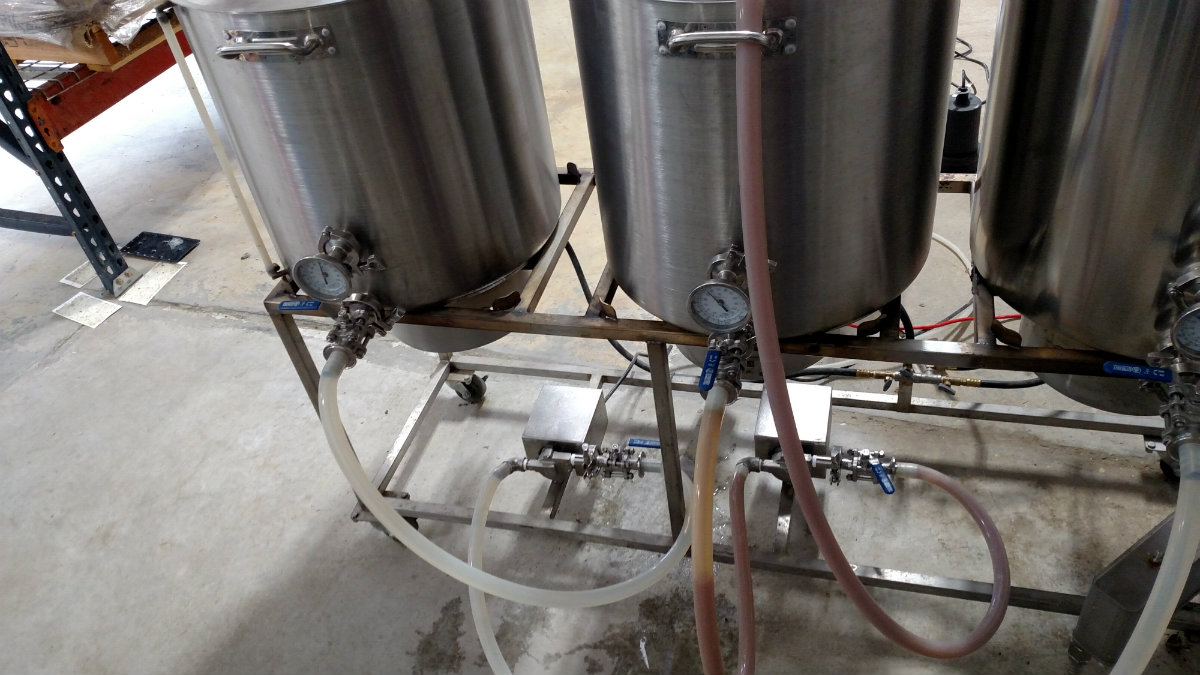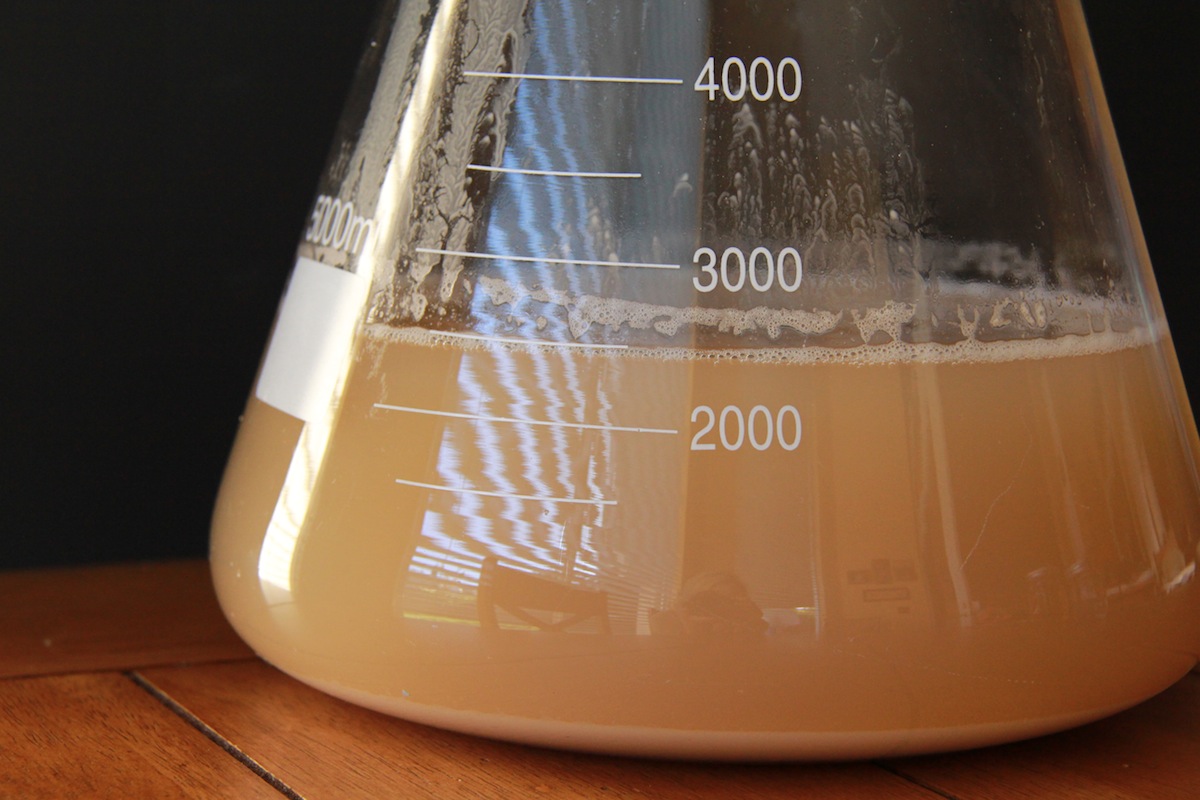Expecting Too Much, Too Soon
First things first: if you’re a new homebrewer, you’re going to make mistakes. You’re going to ruin entire batches of beer on multiple different occasions, and that is perfectly okay. In fact, these batches will probably teach you more about how to brew beer than the ones that turn out great.
People often like to describe brewing as the intersection of science and art, and that’s an accurate description. But you need to have a solid understanding of the science before you’ll be ready to approach it as an art. There is a learning curve to brewing, and you’ll need to master it before you’re ready to get fancy. Don’t forget that.
Not Properly Cleaning and Sanitizing
New homebrewers are often surprised at how vital a role cleaning and sterilizing plays in home brewing. Your brew is most vulnerable to contamination after the boil and before fermentation. Every piece of your brewing system and all items that will come into contact with your wort MUST be cleaned and sanitized.
We strongly recommend you use a sanitizer that is designed for brewing equipment like PBW.
Not Taking Detailed Notes
If you were to ask homebrewers to list the most important skills to develop, precision would be at or near the top of most lists.
If you want to be precise, then you must develop good note-taking habits. Good notes are crucial in two key ways: 1) Being able to repeat previous batches and 2) Troubleshooting after a beer doesn’t turn out as expected.
The more detailed your notes are, the better chances you have of recreating your process later and the better chances you have to pinpoint exactly where an annoying off-flavor might be emanating from.
Things to note include but are not limited to:
- Brew date
- Amounts of each ingredient used
- Boil time
- Fermentation temperature and time
- Original and final gravities
- Any issues you run into
There are many brewer note templates that you can easily find online for free.
Not Monitoring Fermentation Temperature
Fermentation is where your homebrew becomes beer, and many new homebrewers run into trouble during their first few fermentations.
You need to monitor your homebrews temperature during fermentation. The correct temperature at which fermentation should occur will vary widely depending on the beer you’re brewing and the yeast you’re using. Make sure to check your yeast’s label or the manufacturer’s website for the ideal temperature.
Getting Overwhelmed
Homebrewing is an incredibly fun and rewarding hobby, but it can be a lot to take in as a newcomer. The key for beginners is to not become overwhelmed. There is a lot to learn if you want to become a truly skillful homebrewer, and it’s going to take time to get there. Failure is going to be a key part of that process, so don’t get discouraged when you experience failure. Treat it as a learning opportunity and get right back on the horse.
Don’t be afraid to ask for help. There is a plethora of information to be found online regarding homebrewing and many different forums to turn to for help. As with all online communities, there are some know-it-all types who seem to enjoy putting down newcomers, but there are also those who genuinely want to help. Don’t be discouraged from reaching out.
Once you feel confident enough to take your homebrewing to the next level, consider using the brewing system used by professional brewers across the country: the Synergy Pro-Pilot Brewing System.



